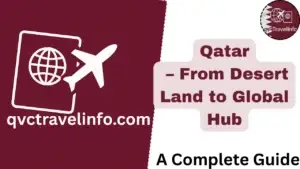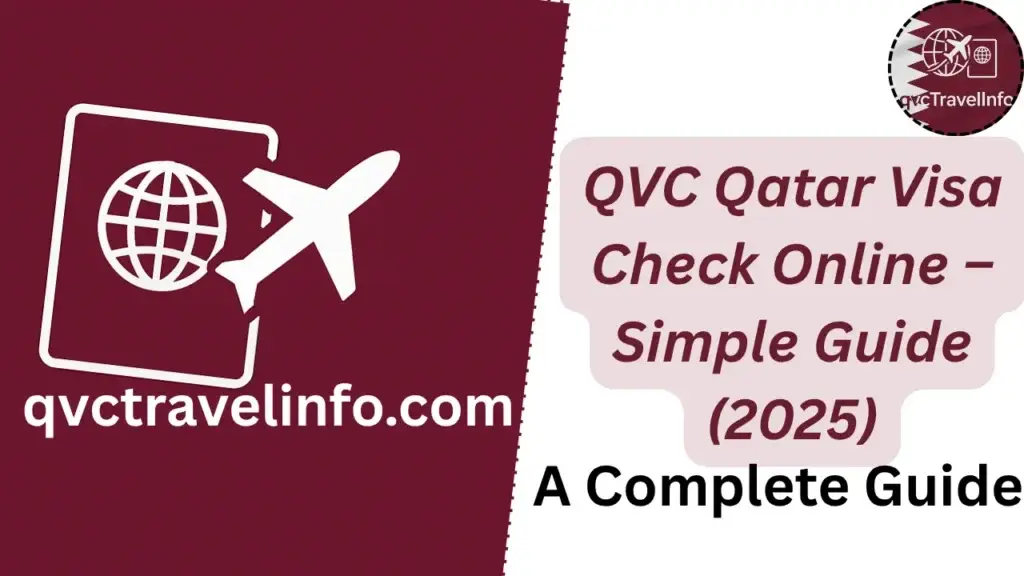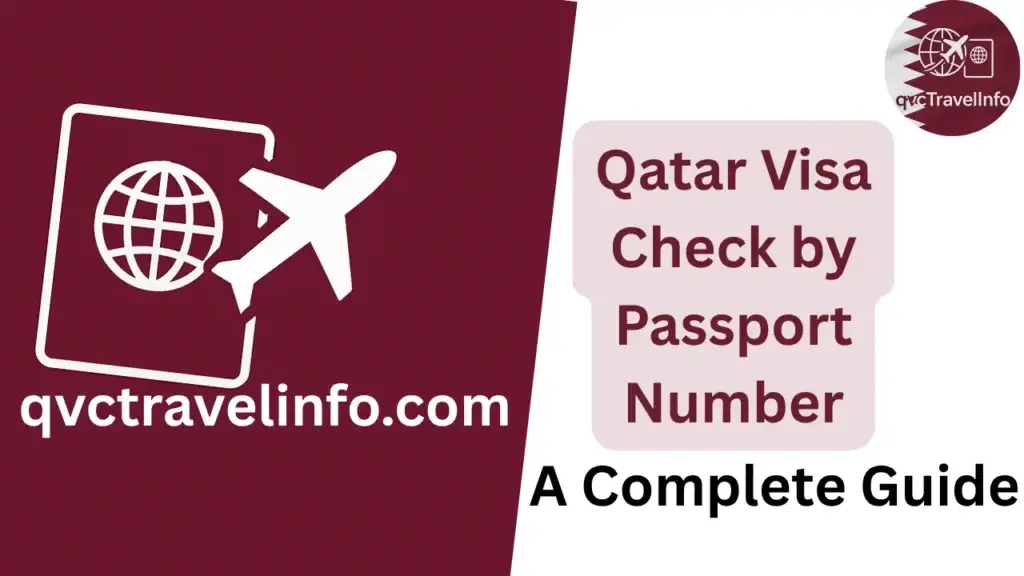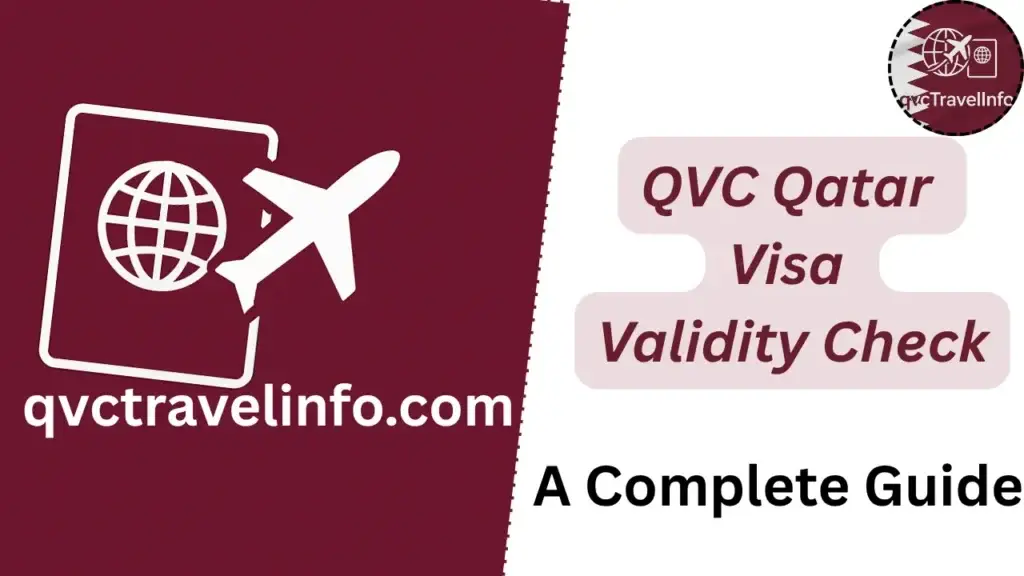Qatar – From Desert Land to Global Hub
Qatar, officially known as the State of Qatar, is a small but powerful nation located in West Asia. Located on the Qatar Peninsula and bordered by the Persian Gulf, it shares its only land border with Saudi Arabia. Despite its small size, Qatar has gained worldwide attention due to its vast natural gas and oil reserves, high standard of living, and its role as an international player in politics, culture, and sports. From ancient tribal roots to hosting the FIFA World Cup 2022, Qatar has transformed into a modern hub while preserving its traditions.

Geography & Climate of Qatar
Qatar lies on the northeastern coast of the Arabian Peninsula, surrounded by the warm waters of the Persian Gulf. Its landscape is mostly flat desert with sandy plains and dunes. The climate is arid, characterized by extremely hot summers that can reach temperatures above 45°C, mild winters, and very little rainfall.
History of Qatar
Early History and Tribal Heritage
For centuries, Qatar was inhabited by nomadic tribes who lived off fishing, pearl diving, and trade. Its location along the Gulf made it an important stop for merchants.
Ottoman & British Influence
In the 19th century, Qatar came under Ottoman rule, but Britain soon became the dominant power in the region. In 1916, Qatar signed a treaty with Britain, becoming a protectorate.
Independence in 1971
After Britain withdrew from the Gulf, Qatar declared independence on September 3, 1971.
Rule of the House of Thani
Since the 19th century, Qatar has been ruled by the House of Thani. Today, Emir Tamim bin Hamad Al Thani continues to lead the country, holding major political authority.
Government & Politics
Emir-Led Monarchy System
Qatar is an absolute monarchy where the Emir holds executive, legislative, and judicial powers.
Constitution and Consultative Assembly
The Constitution of Qatar provides for a partially elected Consultative Assembly, which can review laws and government policies.
Role in the GCC
Qatar is a member of the Gulf Cooperation Council (GCC), working with neighboring Gulf states on trade, security, and cultural ties.
Economy
Natural Gas and Oil Reserves
Qatar holds the world’s third-largest natural gas reserves and is one of the biggest exporters of liquefied natural gas (LNG). Oil and gas are the backbone of its economy.
High GDP Per Capita
Thanks to its energy wealth, Qatar ranks among the richest countries in the world in terms of GDP per capita.
Diversification – Qatar National Vision 2030
To prepare for a post-oil future, Qatar launched its National Vision 2030, focusing on education, healthcare, technology, and sustainability.
Major Industries and Investments
Beyond energy, Qatar invests in construction, aviation (Qatar Airways), sports, and finance, making Doha a modern global business hub.
Population & Society
Demographics
Qatar has around 2.6 million people, but only a small percentage are Qatari citizens. The majority are expatriates and migrant workers from South Asia, the Philippines, Africa, and other Arab nations.
Religion
Islam is the official religion, and Islamic values shape Qatari society.
Languages
Arabic is the official language, while English is widely spoken in business and daily life.
Lifestyle and Traditions
Despite rapid modernization, Qataris preserve traditional practices like falconry, dhow sailing, and celebrating Islamic festivals.
Culture & Media
Arab and Islamic Traditions
Qatar is deeply rooted in Arab culture, with a strong emphasis on hospitality, family, and Islamic customs.
Al Jazeera Media Network
Founded in Doha in 1996, Al Jazeera became one of the world’s most influential news networks, giving Qatar a strong voice in international media.
Arts, Architecture, and Museums
Qatar has invested heavily in culture, with landmarks such as the Museum of Islamic Art, designed by I.M. Pei, and Katara Cultural Village, showcasing arts, music, and heritage.
Sports & Global Events
Passion for Football
Football is the most popular sport in Qatar, played by locals and expatriates alike.
FIFA World Cup 2022
Qatar made history by hosting the FIFA World Cup in 2022, the first Middle Eastern country to do so. The event brought global attention and showcased Qatar’s modern stadiums, culture, and hospitality.
Other Sports Events
Qatar hosts international tournaments such as the Qatar Open in tennis and has world-class facilities like Aspire Zone, dedicated to sports excellence.
Tourism
Doha as a Modern City
Doha blends modern skyscrapers with cultural attractions, offering visitors luxury shopping, fine dining, and a glimpse of Arabian culture.
Souq Waqif, The Pearl-Qatar, Katara
-
- Souq Waqif – traditional marketplace for spices, perfumes, and handicrafts.
- The Pearl-Qatar – a man-made island with luxury residences and marinas.
- Katara Cultural Village – center for arts, theater, and cultural events.
Desert Safaris & Beaches
Tourists enjoy dune bashing, camel rides, and beach resorts along the Gulf coast.
Qatar Airways – The Pride of the Nation
Qatar Airways, the national carrier of the State of Qatar, is one of the world’s leading airlines known for luxury, comfort, and exceptional service. Based at Hamad International Airport in Doha, it connects Qatar to more than 170 global destinations. As a member of the oneworld alliance, Qatar Airways has won numerous awards, including “World’s Best Airline,” and continues to represent Qatar’s commitment to excellence, innovation, and global connectivity.
For more information about Qatar Airways, click here
Challenges & Criticisms
Human Rights Concerns
Qatar has faced criticism over the treatment of migrant workers, especially during preparations for the World Cup.
Environmental Issues
With one of the highest carbon emissions per capita, Qatar faces challenges in achieving sustainability.
Regional Politics
Qatar was blockaded by neighboring Gulf states in 2017, but tensions have since eased after 2021.
Qatar’s Future
Vision 2030 Goals
Qatar aims to become a sustainable, knowledge-based economy by 2030, reducing its reliance on oil and gas.
Global Diplomacy
As a middle power, Qatar plays a role in regional peace efforts and hosts international dialogues.
Innovation, Education, and Sustainability
Major investments in universities, research centers, and green projects highlight Qatar’s future-focused approach.
Qatar Financial Centre (QFC)
The Qatar Financial Centre (QFC) is one of the world’s leading and fastest-growing onshore business and financial platforms. Established in 2005, it was designed to attract international companies and promote Qatar as a global hub for finance, trade, and investment.
Key Features of QFC:
- Onshore Business Platform – Unlike free zones, QFC allows companies to operate both inside and outside Qatar while enjoying a flexible legal and tax environment.
- Independent Legal System – QFC operates under its own legal and regulatory framework, based on English common law, giving businesses confidence and transparency.
- Tax Benefits – Companies enjoy a competitive tax regime, with a standard corporate tax rate of 10% on locally sourced profits and the right to repatriate profits in full.
- Wide Range of Sectors – QFC licenses firms across financial services (banking, insurance, asset management) and non-financial sectors (consultancy, IT, media, and professional services).
- Global Connectivity – QFC serves as a gateway to the Middle East, Africa, and South Asia markets, making Qatar a strong base for regional expansion.
Strategic Role
QFC plays a major role in supporting Qatar National Vision 2030, helping diversify the economy beyond oil and gas. By attracting international investors, financial institutions, and multinational companies, QFC strengthens Qatar’s position as a competitive global financial hub.
Qatar Foundation
The Qatar Foundation for Education, Science and Community Development (QF) is a non-profit organization founded in 1995 by Sheikh Hamad bin Khalifa Al Thani, the former Emir of Qatar, and Sheikha Moza bint Nasser. Its mission is to support Qatar’s transformation into a knowledge-based economy by focusing on education, research, and community development.
Key Areas of Work
- Education
- QF established Education City in Doha, which hosts branch campuses of top international universities such as Georgetown University, Carnegie Mellon, Northwestern, and Weill Cornell Medicine.
- It provides education from early childhood to postgraduate studies, creating a complete academic ecosystem.
- Research & Innovation
- Through the Qatar Science and Technology Park (QSTP) and research institutes, QF promotes scientific discovery, technology, and innovation.
- It focuses on areas like energy, environment, healthcare, and computer sciences.
- Community Development
- QF invests in cultural and social projects that promote Qatari heritage, healthy lifestyles, and social progress.
- It supports initiatives in arts, literature, sports, and entrepreneurship.
Vision & Impact
Qatar Foundation plays a central role in achieving Qatar National Vision 2030 by reducing dependence on oil and gas and building a knowledge-based, sustainable society. Through its partnerships with world-class universities and research centers, QF has positioned Qatar as a hub for education and innovation in the Middle East.
Assuring the Security of the State of Qatar
On September 29, 2025, U.S. President Donald J. Trump signed an executive order titled “Assuring the Security of the State of Qatar.” The White House The order formally declares that the United States will guarantee the security and territorial integrity of Qatar against external attacks.
Key Provisions & Commitments
- The U.S. will treat any armed attack on Qatar’s territory, sovereignty, or critical infrastructure as a threat to the U.S.’s peace and security.
- In the event of such an attack, the U.S. pledges to take “all lawful and appropriate measures” — which may include diplomatic, economic, and military actions — to defend both U.S. and Qatari interests and restore stability.
- The order mandates joint contingency planning between U.S. departments (Defense, State, and Intelligence) and the Qatari state to ensure a coordinated response to aggression.
- The U.S. Secretary of State is also tasked with reaffirming the guarantee to Qatar and coordinating with allies to support this commitment.
Context & Significance
- The move builds upon the long-standing U.S.–Qatar security relationship. Qatar hosts U.S. forces (notably at Al-Udeid Air Base), supports regional security operations, and has served as a mediator in Middle Eastern conflicts
- The executive order comes in the wake of Israeli airstrikes on Doha in September 2025, which targeted Hamas officials and resulted in a Qatari security official.
- Analysts note that the guarantee is unprecedented for an Arab state. It goes beyond previous U.S. designations (like “Major Non-NATO Ally”) by explicitly tying Qatar’s defense to U.S. national security
- Because it is an executive order, it can be reversed or changed by future U.S. administrations, which raises questions about the durability of the guarantee.
Conclusion:
Qatar’s journey from a desert peninsula to a global powerhouse reflects its vision, resilience, and ambition. With vast energy wealth, cultural pride, and forward-looking initiatives like Vision 2030, Qatar continues to shape its future—balancing tradition with innovation and emerging as a leading hub for diplomacy, education, and global progress.
FAQs
1. Where is Qatar located?
Qatar is a small peninsula in Western Asia, located on the northeastern coast of the Arabian Peninsula and surrounded by the Persian Gulf.
2. What is the capital of Qatar?
The capital city of Qatar is Doha, the center of its political, cultural, and economic life.
3. What is the total area of Qatar?
Qatar covers about 11,637 square kilometers (4,493 square miles).
4. What language is spoken in Qatar?
Arabic is the official language, while English is widely spoken in business and education.
5. What is the religion of Qatar?
Islam is the official religion, and it deeply influences Qatari laws and daily life.
6. When did Qatar gain independence?
Qatar became an independent state on September 3, 1971, after ending British protection.
7. Who rules Qatar?
Qatar is ruled by the House of Thani. The current Emir is Sheikh Tamim bin Hamad Al Thani.
8. What type of government does Qatar have?
Qatar has an absolute monarchy, where the Emir holds the highest authority in all branches of government.
9. What are Qatar’s main economic resources?
Qatar’s economy depends mainly on natural gas and oil, but it is investing in finance, tourism, and technology.
10. How wealthy is Qatar?
Qatar is one of the richest countries in the world based on GDP per capita.
11. What is Qatar National Vision 2030?
It is a long-term plan to build a sustainable and knowledge-based economy focused on innovation and education.
12. What is the climate like in Qatar?
Qatar has a hot desert climate with very high summer temperatures and mild winters.
13. What is Qatar famous for internationally?
Qatar is known for hosting the FIFA World Cup 2022, its Al Jazeera news network, and modern landmarks in Doha.
14. How diverse is the population of Qatar?
Most residents are expatriates from South Asia, Africa, and the Arab world, while only a small percentage are Qatari citizens.
15. What is Qatar’s national flag?
The flag has maroon and white colors with a serrated edge that represents unity and Qatar’s heritage.
16. What are Qatar’s major tourist attractions?
Souq Waqif, The Pearl-Qatar, Katara Cultural Village, and desert safaris are among Qatar’s top attractions.
17. What role does Qatar play in the Gulf region?
Qatar is a member of the Gulf Cooperation Council (GCC) and plays a key role in trade, diplomacy, and security.
18. How does Qatar promote education and research?
Through the Qatar Foundation and Education City, the country supports universities and research centers.
19. What challenges does Qatar face today?
Qatar faces challenges such as labor rights reforms, environmental issues, and regional politics.
20. Why is Qatar considered a global hub?
Qatar’s strong economy, modern infrastructure, and international investments make it a leading global hub.


